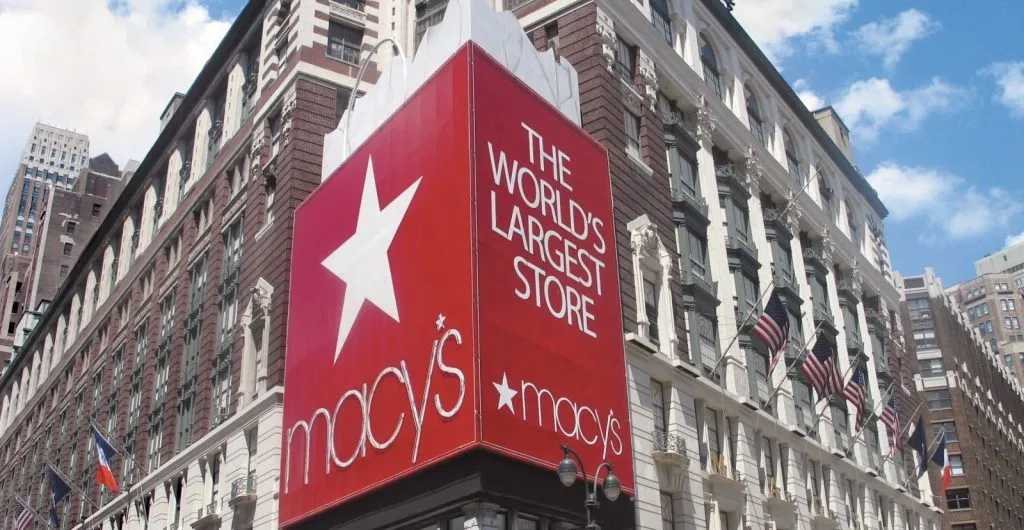Walmart to Raise Prices on Select Items Due to Higher Tariffs

Bentonville, AR – May 15, 2025 – Walmart, the world’s largest retailer, announced today that it will increase prices on certain items later this month as a direct result of rising costs stemming from new tariffs. The decision comes as the company grapples with the financial impact of recently implemented trade policies, which have increased the cost of imported goods.
In an interview with CNBC, Walmart’s Chief Financial Officer, John David Rainey, explained that the scale of the tariffs, even after some reductions, exceeds what the retailer can absorb given its razor-thin profit margins. “We’ve worked hard to keep costs down, but the magnitude of these tariffs means we have no choice but to pass some of the increases on to customers,” Rainey said. Walmart’s CEO, Doug McMillon, echoed this sentiment, emphasizing the company’s commitment to maintaining low prices wherever possible. “Our goal is always to provide the best value to our customers, but in some cases, price adjustments are unavoidable,” McMillon noted.
Approximately one-third of Walmart’s inventory consists of imported goods, with non-grocery categories such as apparel, toys, furniture, appliances, footwear, and travel goods being particularly affected. These product lines are heavily reliant on international supply chains, making them vulnerable to tariff-related cost increases. Walmart has been collaborating closely with its suppliers to explore cost-saving measures, including renegotiating contracts and sourcing alternatives, but executives acknowledged that these efforts can only mitigate the impact to a certain extent.
Industry analysts predict that the price hikes will vary by product category, with discretionary items like clothing and home goods likely to see the most significant increases. “Retailers like Walmart operate on very tight margins, so they have limited ability to absorb these kinds of cost shocks,” said Sarah Thompson, a retail analyst at GlobalData. “Consumers should expect modest price increases on imported goods, particularly in categories where Walmart has less flexibility to negotiate with suppliers.”
The announcement comes at a time when Walmart continues to demonstrate robust financial performance. In its first-quarter earnings report, the retailer posted a 4.5% increase in U.S. comparable sales, driven by strong demand across both its physical stores and e-commerce platforms. Following the tariff-related announcement, Walmart’s stock rose 0.5% in pre-market trading, signaling investor confidence in the company’s ability to navigate the challenging economic environment.
Walmart’s decision to raise prices reflects broader concerns about the impact of tariffs on the retail sector. With inflation already a concern for many American households, the price increases could further strain consumer budgets, particularly for low- and middle-income shoppers who rely on Walmart’s everyday low prices. However, McMillon stressed that the company remains focused on minimizing the impact on customers. “We’re doing everything we can to keep price increases as small as possible and to maintain the value our customers expect,” he said.
The price adjustments are expected to take effect later this month, though Walmart has not yet specified which products will be affected or the exact magnitude of the increases. The retailer plans to communicate changes to customers as they are implemented, ensuring transparency throughout the process.
As the retail industry braces for the ripple effects of higher tariffs, Walmart’s response underscores the delicate balance between maintaining affordability and managing rising costs. For now, shoppers can expect to see slightly higher prices on some shelves, but Walmart’s leadership remains optimistic about its ability to adapt and continue delivering value in a rapidly changing economic landscape.







